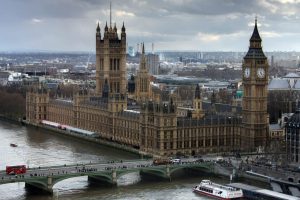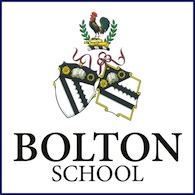 Another election and another mock election in school. As ever, these make for an excellent opportunity for young people to engage in the political discourse and to involve themselves in debate. But this time, more than ever, the language of politics will need some special attention. There are three distinct sets of vocabulary for a pupil to understand.
Another election and another mock election in school. As ever, these make for an excellent opportunity for young people to engage in the political discourse and to involve themselves in debate. But this time, more than ever, the language of politics will need some special attention. There are three distinct sets of vocabulary for a pupil to understand.
First there is the technical language of the process. As never before an understanding of constituency voting and how it may produce an equally legitimate, yet different, democratic outcome to a referendum will be important. Majority and minority governments, confidence and supply and coalitions are all technical terms we should not assume young people know unless we educate. Nor is the situation with devolved aspects of Government such as health and education and how that impacts which MP from where can have a view of those issues. Parliamentary democracy is not quite like a sporting contest of winners and losers and it is no surprise young people will think it is unless we explain otherwise.
Next there is the language of policy. This is a question of teaching critical thinking in our pupils as they follow the national debates. Our school election always focuses on the national debate, rather than ‘school based’ issues. We should not dumb down and imagine the young people cannot follow the real issues. Very often they point the way forward to the adults. The usual questions of discernment will help: what, who, why, when, how? Many policies end up being about funding – is that with or without inflation, is it every year, is it reallocation or new cash? How much is it (often the best plan is to divide by the number of people/hospitals/schools it is intended to support)? Simple questions to interrogate the issues presented and all of which are accessible at school level.
Finally there is language we would not wish to model in school but must actively note, talk about and counter. This is the divisive ad hominem attack (attacking who someone is rather than what they think) that is so much more common now than in the past. The tendency to define, then deride, ever more closely labelled groups within society surely cannot be the way forward. Bolton is often praised for our sense of community and togetherness. Perhaps in this election we can make very clear to young people why their elders should not, very often, be behaving as they are in debate.

Leave a Reply